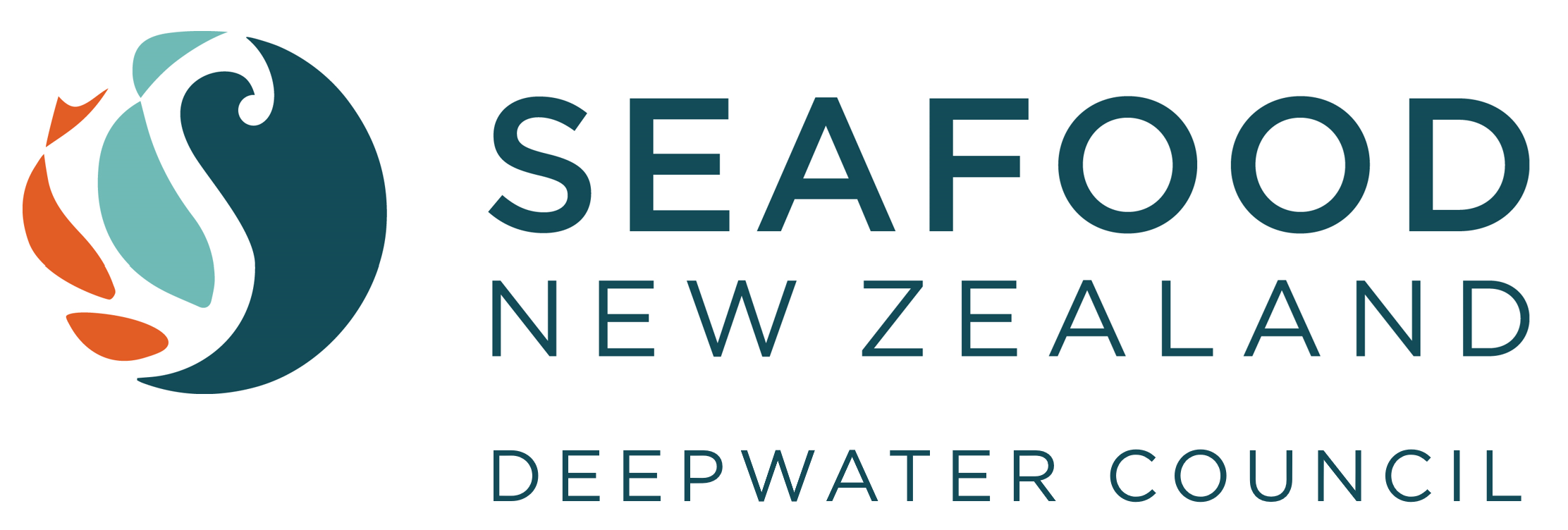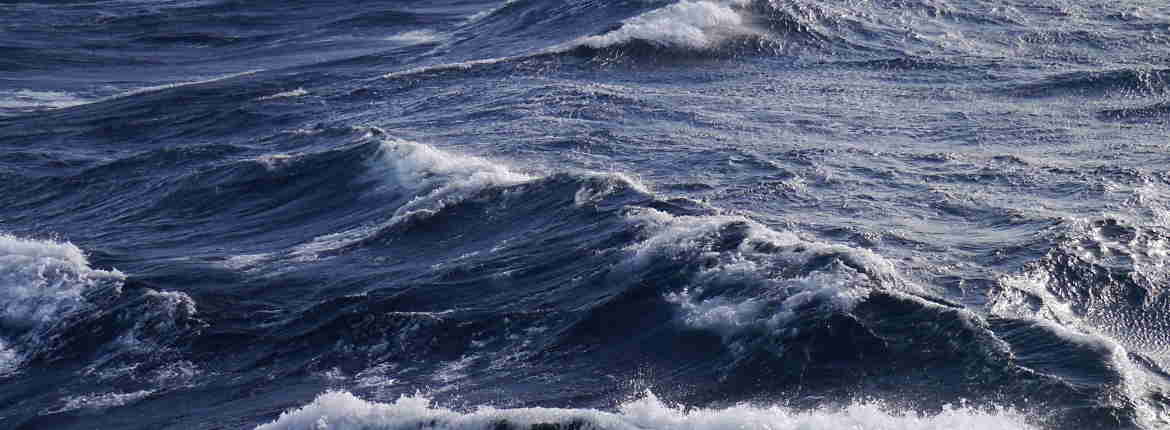
About us
Who we are
Deepwater Group (DWG) is committed to the sustainable management of New Zealand's deepwater fisheries. Formed in 2005, DWG is a non-profit organisation, working in partnership with the Ministry for Primary Industries and other interest groups, to ensure New Zealand’s deepwater fisheries resources are managed to optimise their long-term sustainable yields.
Fisheries managed by DWG are those targeted commercially and usually fished at depths between 200 and 1,600 metres. These include hake, hoki, jack mackerel, ling, orange roughy, oreos, scampi, southern blue whiting and squid. Shareholders of Deepwater Group collectively own 92% of all deepwater quota in New Zealand (click images below for more information).
The New Zealand deepwater fisheries sector involves more than 50 seafood companies, which between them operate more than 100 commercial vessels and collectively employ around 6,000 people. Annually, deepwater fisheries contribute some $1.8 billion to New Zealand's economy. Deepwater fisheries contribute over $650m in export earnings and are the largest exporting sector of the seafood industry.
Our vision is to be trusted as the best managed deepwater fisheries in the world.
What we do
We provide the vision and leadership needed to ensure New Zealand’s deepwater fisheries are profitable, sustainable, and managed in an environmentally and socially responsible way.
Examples of our work include:
- Representing the interests of quota holders
- Working in partnership with Government and government departments
- Undertaking fisheries research and stock assessment programmes
- Implementing and monitoring fisheries management programmes
- Managing and minimising adverse environmental effects
- Ensuring integrity at all levels of process and engagement
- Maintaining standards that meet or exceed those required for Marine Stewardship Council certification.
Our History
2020We Represent
Hake
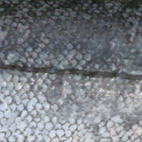
94% of HAK quota owners
Hoki
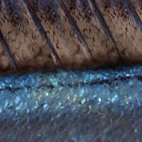
93% of HOK quota owners
Jack Mackerel
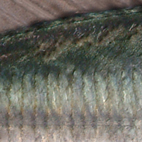
87% of JMA quota owners
Ling
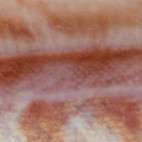
89% of LIN quota owners
Orange Roughy
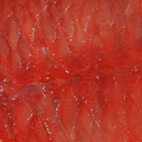
93% of ORH quota owners
Oreo
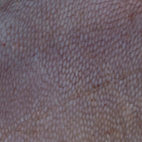
94% of OEO quota owners
Scampi
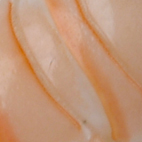
66% of SCI quota owners
Southern Blue Whiting
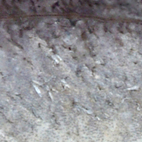
87% of SBW quota owners
Squid
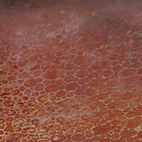
93% of SQU quota owners
Our Challenges
The responsible management of New Zealand’s deepwater fisheries has a strong foundation in the world-renowned Quota Management System. While this provides a framework for sustainability and the protection of a precious resource for the future, the seafood sector, like all producers of food products, is faced with many other challenges in the current domestic and international environment. Globally these challenges include, changing macroeconomics, increasing energy costs, rising customer awareness of environmental issues and the need to incorporate sustainable practices at all levels of production and delivery of the product.
Deepwater Group is structured to meet these challenges through:
- Effective governance
- Sustainable utilisation
- Ongoing learning and research
- Cooperation and collaboration
Learning more - the science
Millions of dollars are spent each year by quota owners on increasing the understanding of deepwater fishery stock levels and sustainable harvest options as well as interactions with the broader environment. This vital information assists in regularly revised catch level adjustments, when appropriate, and is one of the cornerstones of ensuring those fisheries remain healthy and sustainable. Management decisions are based on the best available scientific information.
Proportionate to quota owned, MPI levies deepwater quota owners to manage their fisheries, recovering costs for:
- Monitoring fish numbers
- Managing environmental effects
- Law enforcement and compliance
Testimonials
New Zealand has never been subject to any significant overfishing pressure in comparison to other parts of the world.Ray Hilborn Marine biologist and fisheries scientist - University of Washington
Without doubt New Zealand produces the best seafood in the world and I'll challenge anyone to show me betterSir John Key Prime Minister 2008-2016
The story today need no longer be one of doom and gloom and inevitable decline, but one that harbours the possibility of generating more value from a strongly performing natural asset. This potential can only be tapped if we manage it well.Prince Charles Prince of Wales' International Sustainability Unit (Marine Programme)
All New Zealanders can take heart in this MSC re-certification – New Zealand fisheries management, is internationally recognised as among the best in the world. New Zealand industry continues to be at the forefront of innovative solutions to ensure sustainable and environmentally sound fisheries practices.Owen Symmans - CEO Seafood Industry Council
